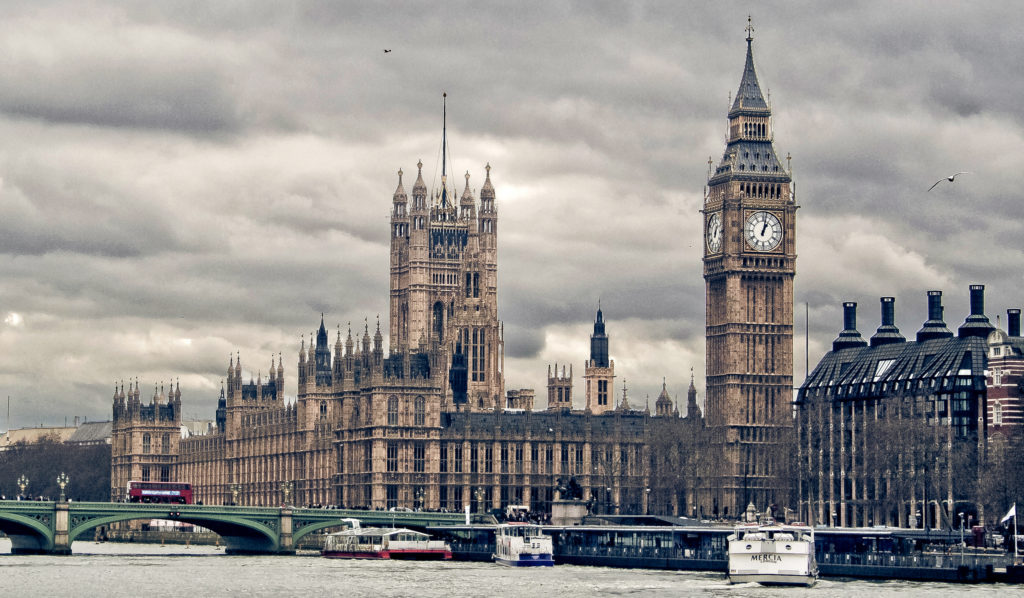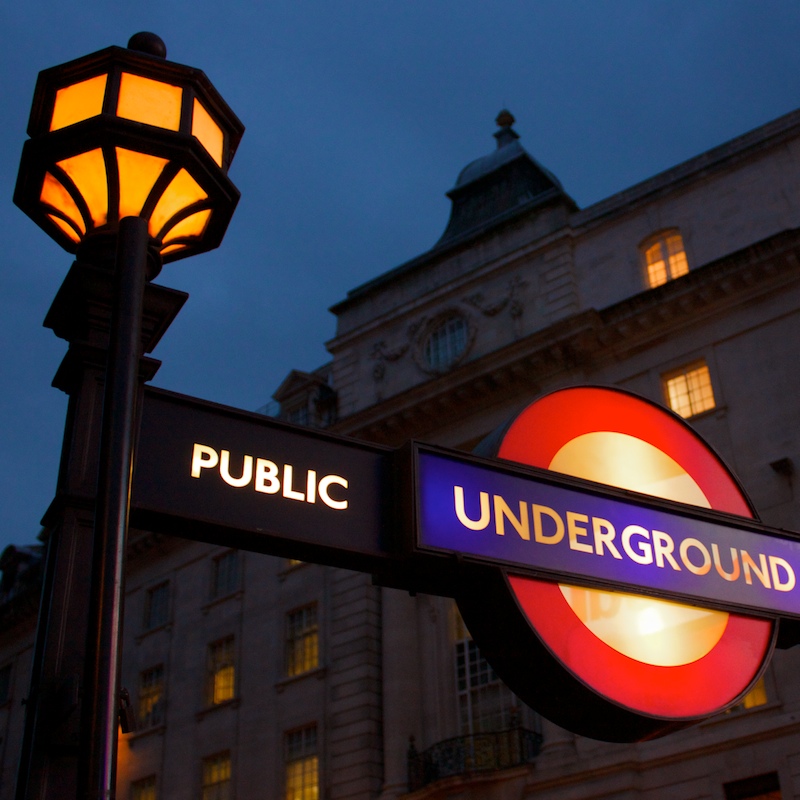When I was an exchange student for a year in England, I can remember my first encounters with “British English.” So many words were spelled and pronounced differently, and many more words were indeed foreign to me. George Bernard Shaw said that “England and America are two countries separated by the same language.” I couldn’t agree more. The university gave me a course schedule, but it was pronounced “shed-ule” and judging from my assigned courses, I knew I would be spending a great deal of time “revising” (studying). Most of my reading assignments were reserved in the library so I learned to get into the “queue” (line) early for the books. My meals were served in the “refectory” (dining hall) and I never passed up the “puddings” (desserts). I stopped my revising for “elevenses” (a morning tea break) and I ate “biscuits” (cookies) with my cup of tea. Before too long, I knew the difference between “chips” (French fries) and “crisps” (potato chips) and I knew to ask for a “serviette” (napkin) at meals. I wore trousers, not “pants” (underwear) and I put on “jumpers” or “woolies” (sweaters) when the weather turned cold. On weekend visits at my friends’ homes, I would volunteer to do the “washing up” (wash the dishes) or “hoover” (vacuum) the “lounge” (living room/den).
There will be definite language barriers when I take my students to England and Scotland during spring break. Even though we will be touring English-speaking countries, that does not mean they will understand the natives and most certainly, vice-versa. My students do not have a homogenized American accent. With the exception of some television broadcasters, who does, anyway? I hear lots of regional accents on American television these days. My students’ strong Southern accents may make it necessary for them to repeat themselves at times, but that shouldn’t be too much of a problem. Most of the people they meet will not have a “BBC accent,” that ideal British accent that sounds so very refined and knowledgeable. I bet the only British accent my students are familiar with is the one used by Mike Myers’ “Austin Powers” character. If they watch BBC America or public television, they might know something about regional accents in Great Britain, but I think for the most part, they are pretty clueless about them. No doubt they will hear many different accents in England and Scotland and they will hear many words they do not understand.
Even if my students do encounter some language problems, they will just have to accept them as part of the travel experience and enjoy the cultural differences. They will join countless other American tourists who have problems deciphering “British English.” I hope they will be able to make themselves understood when they say, “please,” thank you,” and “pardon,” the latter to be used when they cannot understand what is being said. And under no circumstances should they even try to fake a British accent. Being polite and respectful will go a long way in making themselves understood. As long as they act like guests, lower their voices in all public places, and keep to the right on the escalators, my students should be fine.
Before we depart, we will go over some basic “British English” words. My students will need to remember to ask for the “loo,” and not the restroom. They will find out that our hotels may not have “lifts” (elevators) and that the “first floor” is actually the second floor. I have asked them not to use their “mobiles” (cell phones) on public transportation and to look for “cashpoints” (ATMs) to get their British currency during the lunch breaks. In London when we are out and about, they will need to use the “zebra crossings” (striped pedestrian crossings) and “subways” (pedestrian underpasses) in addition to the “tube” (subway). If they are feeling a bit “peckish” (hungry) after dinner, they will need to buy some snacks like “sweets” (candy) or a “packet” (bag) of “savoury” (salty or spicy) “crisps” (potato chips).
I’m sure my students will notice all of the language differences in “British English” and they will have fun picking up lots of British slang Our state dance is the “shag,” but my students already know that it means “to go forth and multiply,” in Great Britain, thanks to the Austin Powers movies. Because of the dance’s popularity in South Carolina, most of them probably learned to shag at an early age. I think I’ll tell them not to mention that when we’re in Great Britain. I don’t want anyone getting the wrong impression about my students.
What are the major differences you notice between “British English” and “American English”?
Add Gail on Google+
(Editor’s note: If you have a question about for EF Group Leader Gail Ingram, or an idea for a blog post topic, you can email Gail here, and she will answer readers’ questions in future blog posts.)
Related articles


